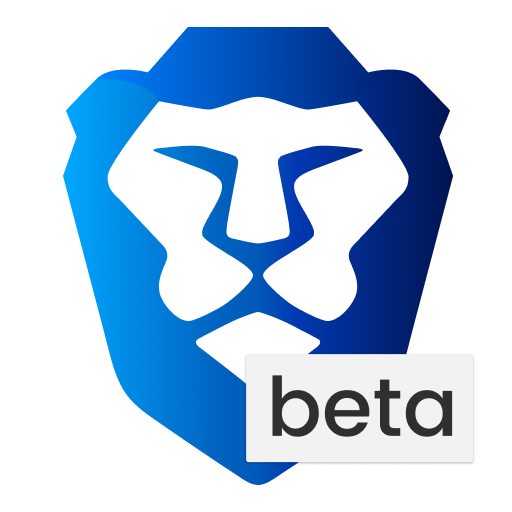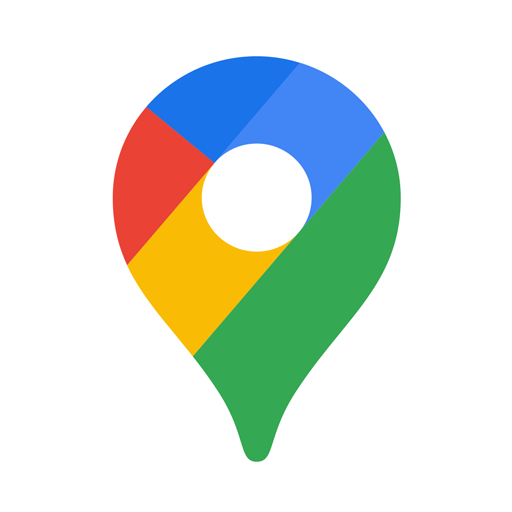Brave Nightly (devs & testers) - Online privacy protection & testing
Discover a powerful app that safeguards your online activities with VPN & firewall while exploring cutting-edge features.

- 1.83.55 Version
- 4.2 Score
- 1M+ Downloads
- In-app purchases License
- 3+ Content Rating
(This section pertains to Brave Nightly, a version of the Brave browser intended for developers and testers.)
NEW Application Capabilities
✓ Firewall. Safeguards your online activities, including those conducted outside the Brave Browser.
✓ VPN. Available for both Mobile and Desktop platforms.
Assist in testing early-release iterations of Brave
✓ Aid in spotting and fixing bugs
✓ Experience new features ahead of their public launch
Share your initial impressions during the testing phase.
Set up and utilize Brave Nightly alongside the standard release version of Brave for Android.
Frequently Asked Questions
Brave Browser
Do I have to pay Brave to go ad-free?
No, Brave will always be free to use — you don’t need to pay to block ads and tracking.
We encourage you to support your favorite publishers with Brave Rewards, or get compensated for paying attention to Brave Ads, but these features are both completely voluntary. You can use one, the other, both, or neither.
Will Brave sell user data to advertisers?
We do not have access to identifiable user data. The anonymized aggregated ad campaign related data we do collect is used for accounting and reporting, but this data cannot be mapped back to devices or user identities of any kind. Learn more
Will Brave use the "Acceptable Ads" model?
Some have asked that when we do eventually allow select ads through, whether we will employ the “Acceptable Ads” model. There are two parts to that model, filter rules and business deals. Take the second first:
We do not use the business model of taking annual fees from advertisers to allow their ads (and trackers for confirmation) to pass unblocked. Our business model does not couple our ad and flat fee based revenue to which ads we block.
We do use some of the filter rules that are associated with “Acceptable Ads” to block known-bad domains and URL patterns; and to block and clean up after HTML-native ads.
How do you relieve concerns that you are spyware?
We use all-open source, and we welcome help in auditing our source and verifying our binaries on Debian Linux (verified binaries provably derive from a given version of open source).
Watch Brendan speak about this here for more on verified builds.
Beyond this lower-level auditing, we will need partners to believe in our anonymous ad attribution and conversion confirmation system. More on this as we build it out in near-term milestones on the road to Brave 1.0.
Are all ads blocked or can users allow some or all?
Tracking scripts (trackers) and ads that depend on them are blocked by default. You can allow ads and trackers in the Shields settings globally and for each site.
Brave allows you to opt into Brave Rewards, which includes privately matched ads that do not track you, and that pay you a revenue share to support the creators you like.
Where will the ads in Brave's new system come from? In what way is this an improvement?
In 2016, Brave introduced proposal for a private and anonymous third-party ad-replacement system. We are pleased that it generated an informed and vital debate regarding the problem of uncontrolled trackers and ad exchanges, which in the worst cases spread malware through unaware publishers.
In 2017, we are focusing on the Basic Attention Token (BAT), and the ecosystem that it will enable, offering users and publishers a better way to fund the Web. With BAT (along with staking users with a share of tokens), Brave will work to offer privately-matched, anonymously-verified ads. Users can opt-into this.
Brave is working with verified publishers (hundreds of whom have already joined via publishers.brave.com) to help generate greater revenue per user than they receive from today’s broken ad-tech ecosystem.
More information regarding the Basic Attention Token is available here.
What does it mean that a user can opt into receiving ads?
Brave blocks ads and trackers by default. We will soon release the ability for users to opt into receiving some ads. We will offer this option as another way — beyond Brave Payments — that users can support publishers.
When they do appear, there will be fewer but higher quality ads. Rest assured, that even if you opt into receiving these ads, trackers will still be blocked and your privacy will still be protected. We will provide more detail around this feature when it is ready.
Why build a browser and not extensions for top browsers?
Extensions face API and performance limits. Additionally, popular extension stores often host malicious counterfeit extensions, which have lead to millions of infected users.
Building our own browser lets us put our best foot forward on matters of speed and privacy. We may do extensions if our users find themselves browsing in other browsers often.
Will Brave standardize its intent-casting protocol?
We intend to when multiple partners in different regions have helped shake it out. It’s a capital mistake to standardize prematurely, so we must first innovate, deploy, and learn.
How are ads targeted based on browser-side intent signals?
As mentioned above, the browser knows almost everything you do. It knows what sites you visit, how much time you spend on them, what you look at, what is visible “above the fold” and not occluded by opaque layers, what searches you make, what groups of tabs you open while researching major purchases, etc.
Only the browser, after HTTPS terminates and secure pages are decrypted, has all of your private data needed to analyze user intent. Our auditable open source browser code protects this intent data on the client device. Our server side has no access to this data in the clear, nor does it have decryption keys. We do not run a MitM proxy or VPN service.
Why doesn’t Brave block ads on search engine result pages?
While we will block third-party cookies where you have no first-party relationship with the cookie’s domain, we don’t block first party cookies by default.
However, the Brave user will have the option to selectively block/enable cookies globally or on a site-by-site basis. Google will only have the ability to track you within their own domain and they won’t be able to use that information to target you outside of google.com.
- Version1.83.55
- UpdateAug 24, 2025
- DeveloperBrave Software
- CategoryCommunication
- Requires AndroidAndroid 10+
- Downloads1M+
- Package Namecom.brave.browser_nightly
- Signature81521769be1cce68946ff252f2fd40bb
- Available on
- ReportFlag as inappropriate
-
NameSizeDownload
-
275.79 MB
-
358.11 MB
-
275.73 MB





















Effective ad and tracker blocking
Built-in cryptocurrency rewards system (BAT)
Fast browsing experience
User-friendly privacy settings
Good synchronization across devices
Background audio playback feature
Minimalistic interface with customization options
Low battery consumption
Integrated VPN support
Frequent app crashes and bugs
Certain features not functioning properly (e.g., YouTube full screen)
Limited bookmark management capabilities
Slow loading times occasionally
Privacy concerns regarding background operation
Download issues causing interruptions
UI improvements needed for better user experience
Features that don't work as expected across various sites
Inconsistent ad-blocking performance in recent updates